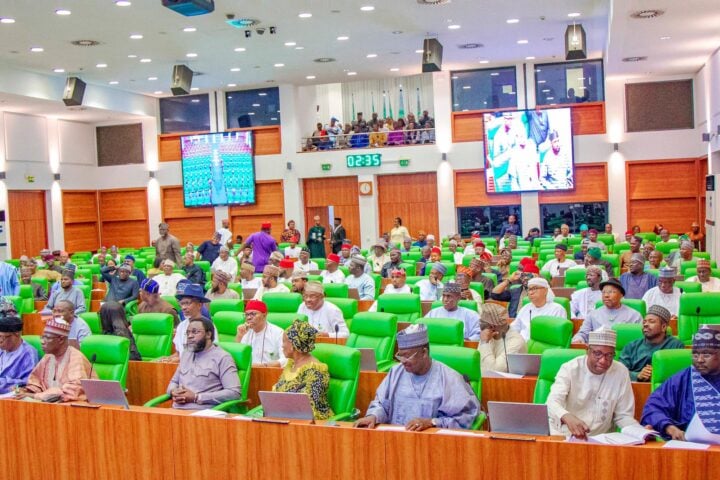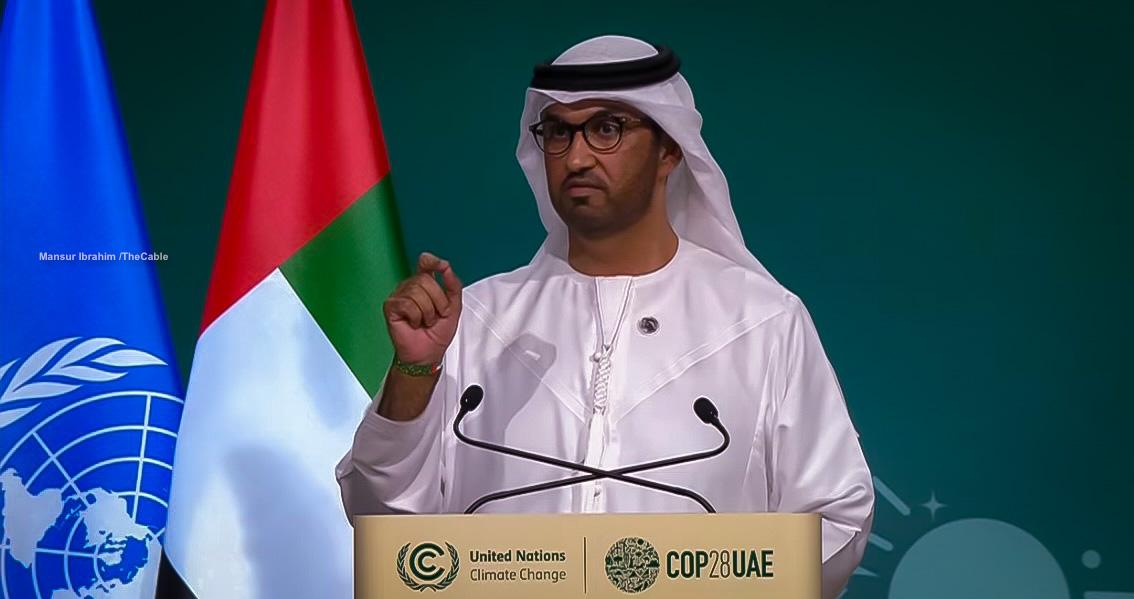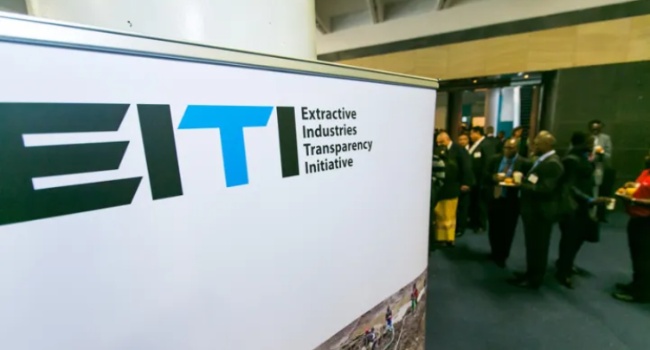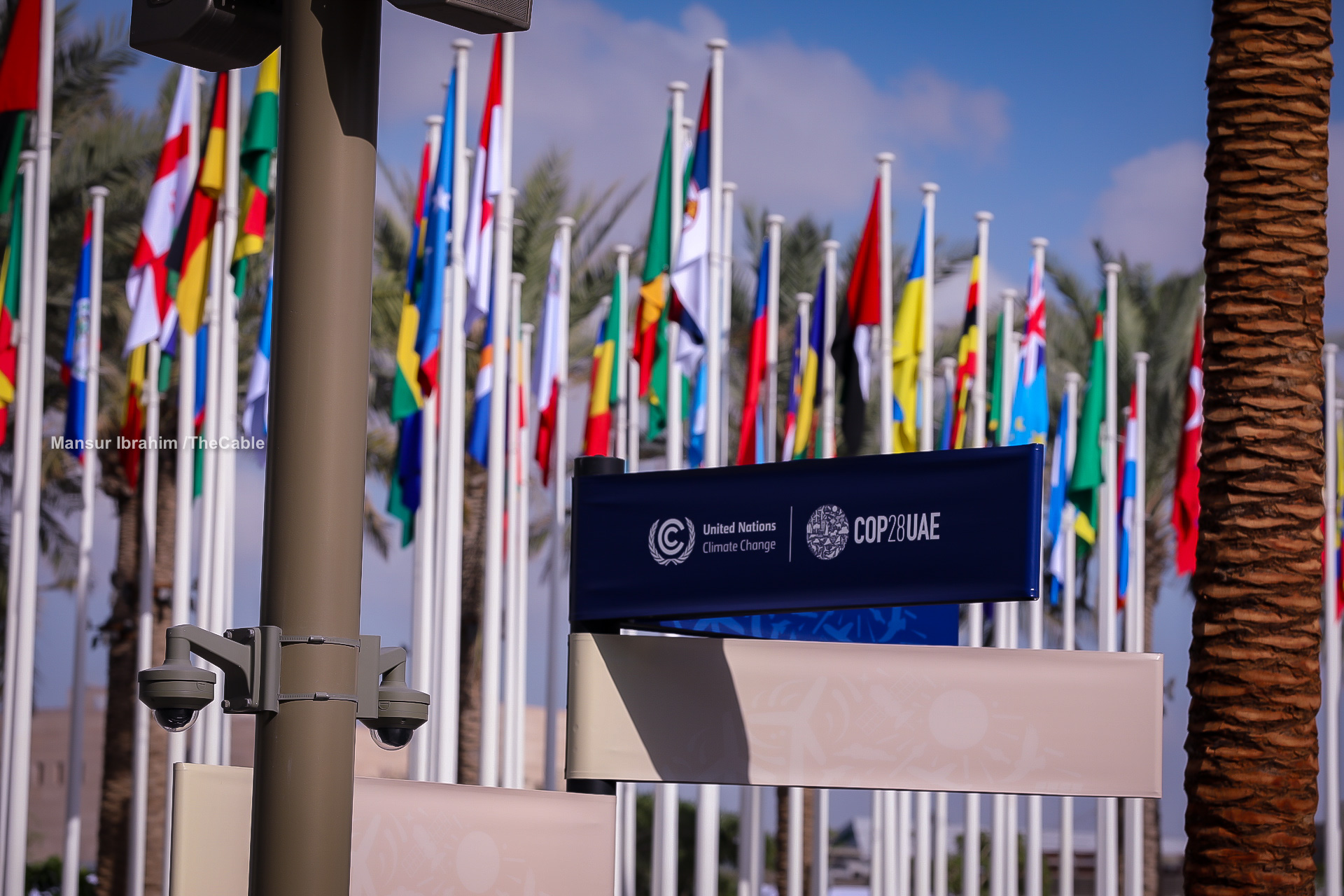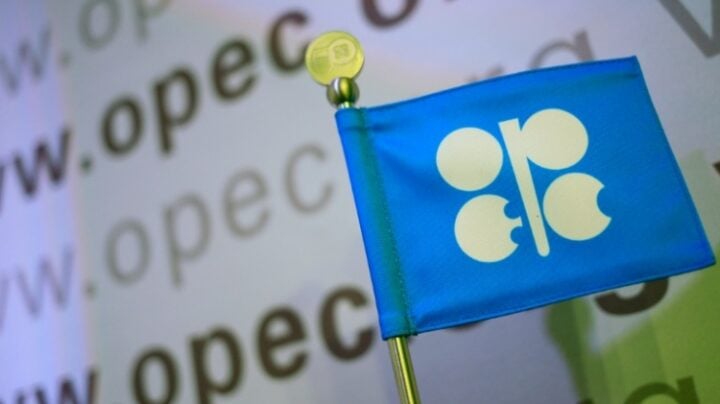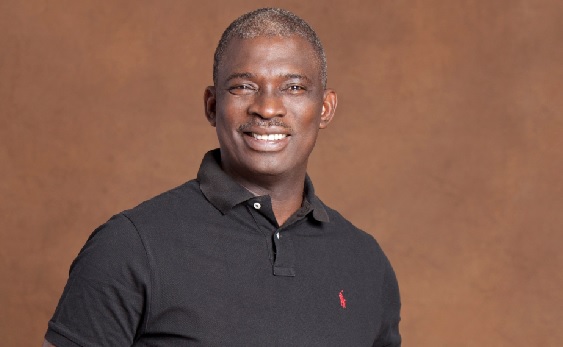The house of representatives has commenced the review of the 2024 appropriation bill presented by President Bola Tinubu.
On Wednesday, Tinubu presented the N27 trillion 2024 proposed budget to the national assembly, projecting that the economy would grow by 3.76 percent.
Tinubu asked the lawmakers to give the budget an accelerated consideration and ensure that the appropriation bill is passed before January 2024.
Leading the debate during the plenary session on Thursday, Julius Ihonvbere, majority leader of the house, said the budget is designed to address some strategic areas economy, including defence and security.
Advertisement
The house leader expressed satisfaction that a major part of the budget would be allocated to security.
The legislator said that he has been unable to visit his constituency due to the prevailing insecurity across the country.
According to Ihonvbere, the proposed amount for security “is not an accident”.
Advertisement
“Once security is properly tackled, the economy will grow,” he said.
In his contribution, Ahmed Jaha, a lawmaker from Borno said the proposals in the budget show that the government is “serious about developmental projects”.
“By providing a substantial amount of money or a reasonable figure for capital projects shows that the government is serious about embarking on a series of developmental projects,” Jaha said.
He also commended the federal government’s “intention” to diversify the economy into “unexploited opportunities and resources”, saying the decision would address unemployment.
Advertisement
“As we are all aware, of all evils, unemployment is the worst because an idle mind is the devil’s workshop,” he said.
“By diversifying the economy, definitely there is going to be a development of our population which by extension will give our people a sense of belonging.”
The lawmaker stressed that prioritising security in the budget is crucial noting that no development can occur without it.
On his part, Bello Kumo, chief whip of the house, said budget consideration should be given the “fastest approach” so that the executive can begin the implementation.
Advertisement
Yusuf Gagdi, from Plateau, said Tinubu’s campaign promises are contained in the budget document, adding that the appropriation bill “seeks to practically” tackle the nation’s challenges
“President is ready for business. Our own is to provide robust oversight engagement,” Gagdi said.
Advertisement
“By providing robust overnight to ensure that we support Tinubu to deliver the dividends of good governance, otherwise the expectations of Tinubu will not be satisfied.
“I call on Nigerians to pray for Tinubu and the government to give him the strength and commitment to deliver his campaign promises.”
Advertisement
Sada Soli from Katsina said the budget is unique, emphasising that it involves the president’s proposal to collaborate with states.
“For the first time, I am hearing in the budget speech that the president is mentioning collaboration with subnationals,” he said.
Advertisement
He said such a collaboration would encourage states to adjust their budget in tune with the federal budget.
Sada commended the president’s commitment to addressing revenue leakages, noting that “without addressing these gaps”, the government’s efforts may not yield the desired results.
“If leakages are not blocked, forget about profits,” he said.
Sada also asked his colleagues to tighten their oversight duties on the personnel cost of ministries, departments and agencies to block over-bloated proposals.
“Let the committee chairs look at the issue of personnel cost because they are over-bloated,” he said.
“I know ICPC used to summon agencies to come to audit them on their personnel cost because it is over-bloated.”
He also said the parliament needs to pay attention to the procurement process because it is “too cumbersome”.
The lawmaker called on the federal government to “clean up” the integrated personnel and payroll information dystem (IPPIS).
Last week, the senate and the house of representatives approved the 2024-2026 medium-term expenditure framework (MTEF) and fiscal strategy paper (FSP) — parameters on which the 2024 budget will be framed.
The lawmakers approved $73.96, $73.76 and $69.90 per barrel as benchmark oil prices for daily crude oil production of 1.78 million barrels, 1.80 million barrels, and 1.81 million barrels, for 2024, 2025, and 2026 respectively.
Also, the parliament approved an exchange rate of N700/$, N665.61/$ and N669.79/$, proposed by the federal government for the period of 2024 – 2026.
